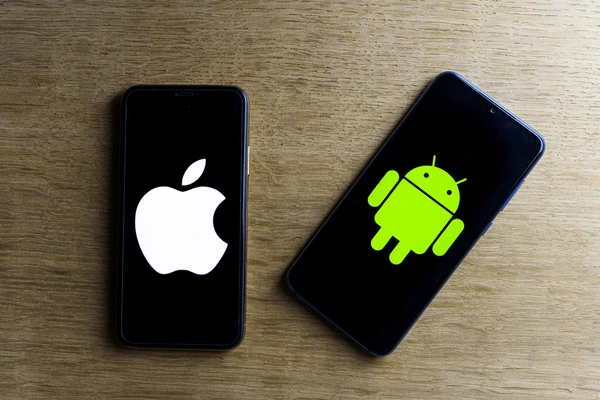Exploring the Latest Advancements and Key Differences
In the fast-paced world of smartphones, the perennial debate between iPhone and Android users persists as both platforms evolve with the times. As we enter the heart of 2024, consumers are faced with a myriad of choices, each promising a unique blend of features and experiences. Let’s dive into the latest developments and contrasting characteristics of iOS and Android.
iOS: Where Seamless Integration Meets Robust Security
Apple’s iOS ecosystem continues to charm users with its hallmark seamless integration across devices. From iPhones to MacBooks, iCloud ensures a smooth flow of data, allowing users to access their photos, documents, and messages effortlessly. Privacy and security remain paramount in the iOS landscape, with Apple’s stringent app review processes and regular updates offering users peace of mind in an increasingly digital world. With optimized hardware and software working in harmony, iPhones deliver exceptional performance and enduring battery life, backed by a treasure trove of high-quality apps curated in the renowned App Store.
Android: A Playground of Customization and Diversity
Meanwhile, the Android realm thrives on diversity and customization, offering users unparalleled freedom to tailor their devices to their heart’s content. With a vast array of smartphones catering to various preferences and budgets, Android ensures there’s something for everyone in its expansive ecosystem. Google’s seamless integration with services like Gmail, Google Drive, and Google Assistant adds another layer of convenience for users deeply entrenched in the Googleverse. Expandable storage options and device flexibility further underscore Android’s appeal, empowering users to expand their storage capacity and choose devices that align with their unique needs.
The Clash of Titans: Pros and Cons
While both platforms boast impressive strengths, they aren’t without their drawbacks. iOS enthusiasts revel in the platform’s seamless ecosystem integration and top-notch security but may find themselves craving more customization options. On the flip side, Android aficionados bask in the freedom of customization and device diversity but contend with potential fragmentation issues and security concerns stemming from the platform’s open nature.

